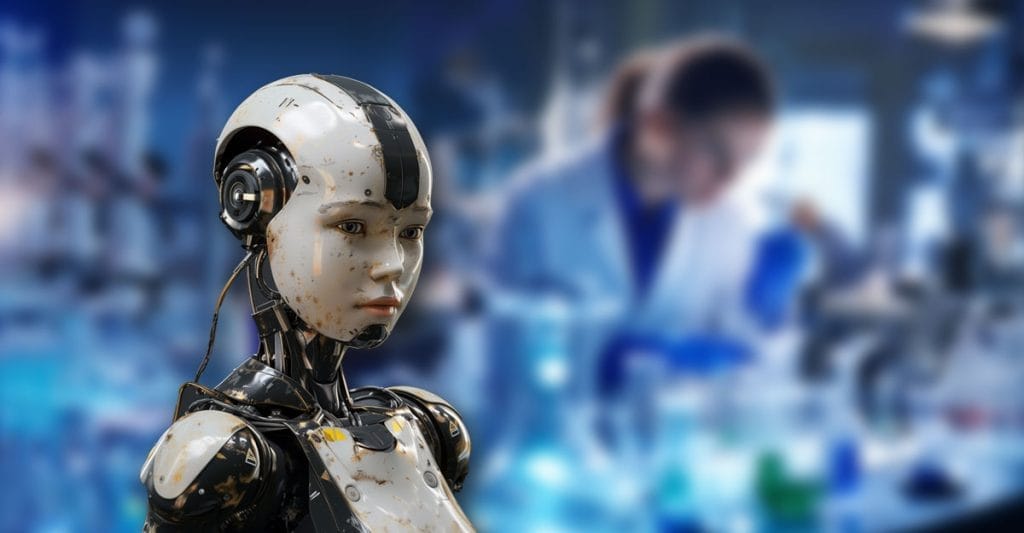The following is from The Vaccine Reaction.
The U.S. Food and Drug Administration (FDA) is no longer requiring pharmaceutical companies to test new drugs and biologics (vaccines) on animals prior to human clinical trials and licensure. This is a change that animal welfare advocates have been pushing for a long time.
In December 2022, President Biden signed legislation ending a requirement that drugs or biologics go through animal testing before human testing can begin, a legal requirement that had been in effect since the landmark 1938 Federal Food, Drug and Cosmetic Act authorized the FDA to oversee and regulate the production, sale, and distribution of food, drugs (and biologics), medical devices and cosmetics.
In congressional legislation entitled the “FDA Modernization Act 2.0,” which became law in 2022, more than 85 years of testing requirements for corporations to test experimental drugs and vaccines on animals, such as rodents, before licensure was eliminated.
Today, drug companies are allowed to rely on artificial intelligence (AI), such as computer modeling organ chips, microphysical systems, computer models and cell-based assessments developed during in the last 15 years, rather than performing testing on one one rodent and one non-rodent animal prior to testing products on human beings in clinical trials.
Tamara Drake, director of research and regulatory policy at the non-profit animal welfare organization the Center for a Humane Economy, said, “It’s a win for industry. It’s a win for patients in need of cures.”
The change in the law was designed to avoid testing products in tens of thousands of mice, rats, rabbits, monkeys and dogs, which are used to test drugs, vaccines and other products every year. Harvard University bioengineer who works to create organ chips to be used in place of animal research said, “Animal models are wrong more than they are right.”
Kathy Guillermo of the non-profit People for the Ethical Treatment of Animals (PETA) reasoned:
Tests on animals fail to yield marketable medication. An astounding 95% of all new medications that test safe and effective in animals go on to fail in human clinical trials.
The law doesn’t forbid animal testing, but does remove the legal requirement that drug companies test their products on animals prior to testing on humans.
The previous law required that drug companies test drugs in one rodent and non-rodent species before moving on to human testing. The testing of products on living animals provided evidence for “how drugs break down in the body, whether they reach the tissues they’re intended to target and whether they exert the intended effects on those tissues—without having harmful side effects.”
Those critical of the change in policy argue that change won’t be seen overnight and evaluating the safety and effectiveness of experimental pharmaceutical products using alternative testing methods other than on animals may prevent researchers from discovering all of the potential toxicities of the products.
Professor Aliasger Salem, PhD of the University of Iowa College of Pharmacy Aliasger Salem warned that pharmaceutical companies must be sure that new AI testing methods thoroughly catch all potential problems such as organ and liver failure, inflammation of the heart and brain, and other problems that could lead to heart attacks or strokes and death.
Dr. Salem said:
The companies need to be aware of the limitations of those technologies and their ability to identify or not identify potential toxicities. You don’t want to shift to systems that might not capture all of the types of toxicities that have been seen in the past without ensuring that the methods that you have will capture that.
Alternatives to animal testing include cell-based assays, 3-D printed organ chips, computer modeling and microphysical systems. Organ chips and microphysical systems utilize human cells, together with engineered structures to copy the functions of organs, to test drug efficacy in diverse human populations.
These newer methods of testing that bypassed extensive animal testing were used to fast-track development and distribution of mRNA Covid-19 shots.
Benjamin Freedman, PhD, bioengineer at the University of Washington School of Medicine, is growing mini-models of kidney and lung disease. These simulated mini organs, which can display disease symptoms, are used to test the effectiveness of a drug and theoretically more easily see effects at a cellular level compared to testing on animals.
However, the National Association for Biomedical Research (NABR) argues that animal testing is the best method for testing the effectiveness of a drug. It issued a statement:
Animal testing followed by human clinical trials currently remains the best way to examine complex physiological, neuroanatomical, reproductive, developmental and cognitive effects of drugs to determine if they are safe and effective for market approval.
The change from animal testing to the newer AI methods will happen gradually over time according to most researchers.
Link to article here.

The Lemonade Mermaid Store
Unique gifts for Land or Sea Mermaids, Mer-pets and Little Mermaids!
Left: Pastel Beach Necklace $16



